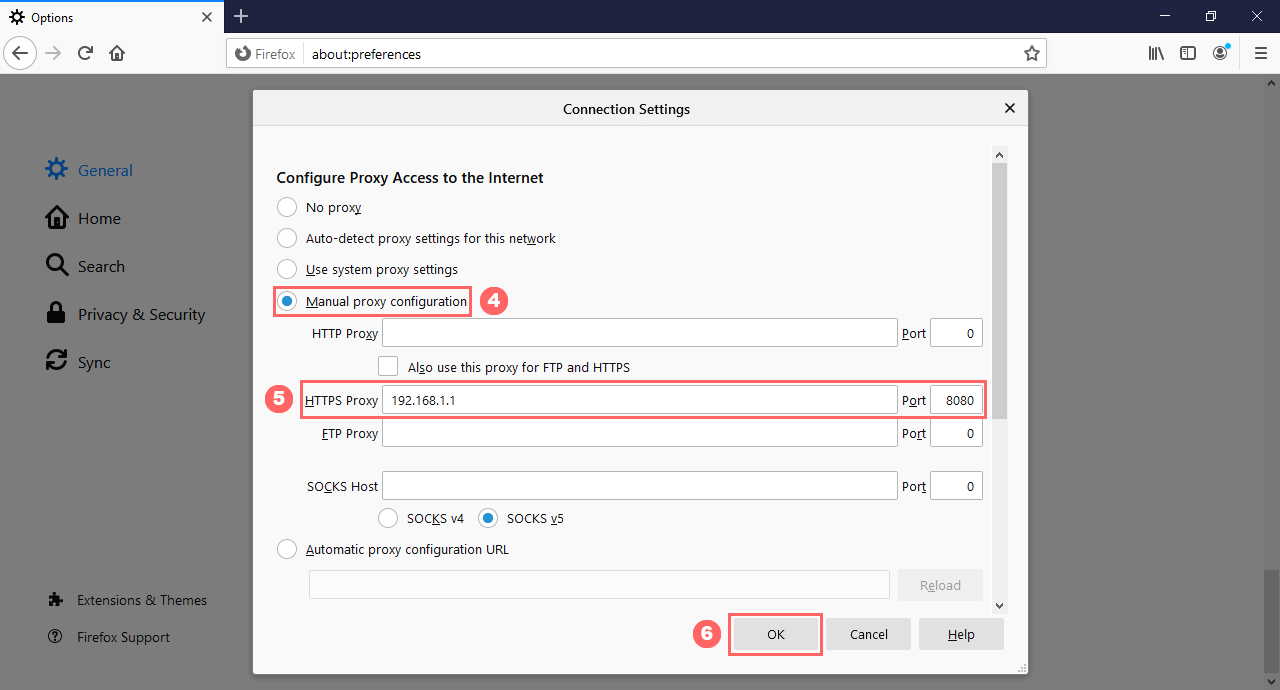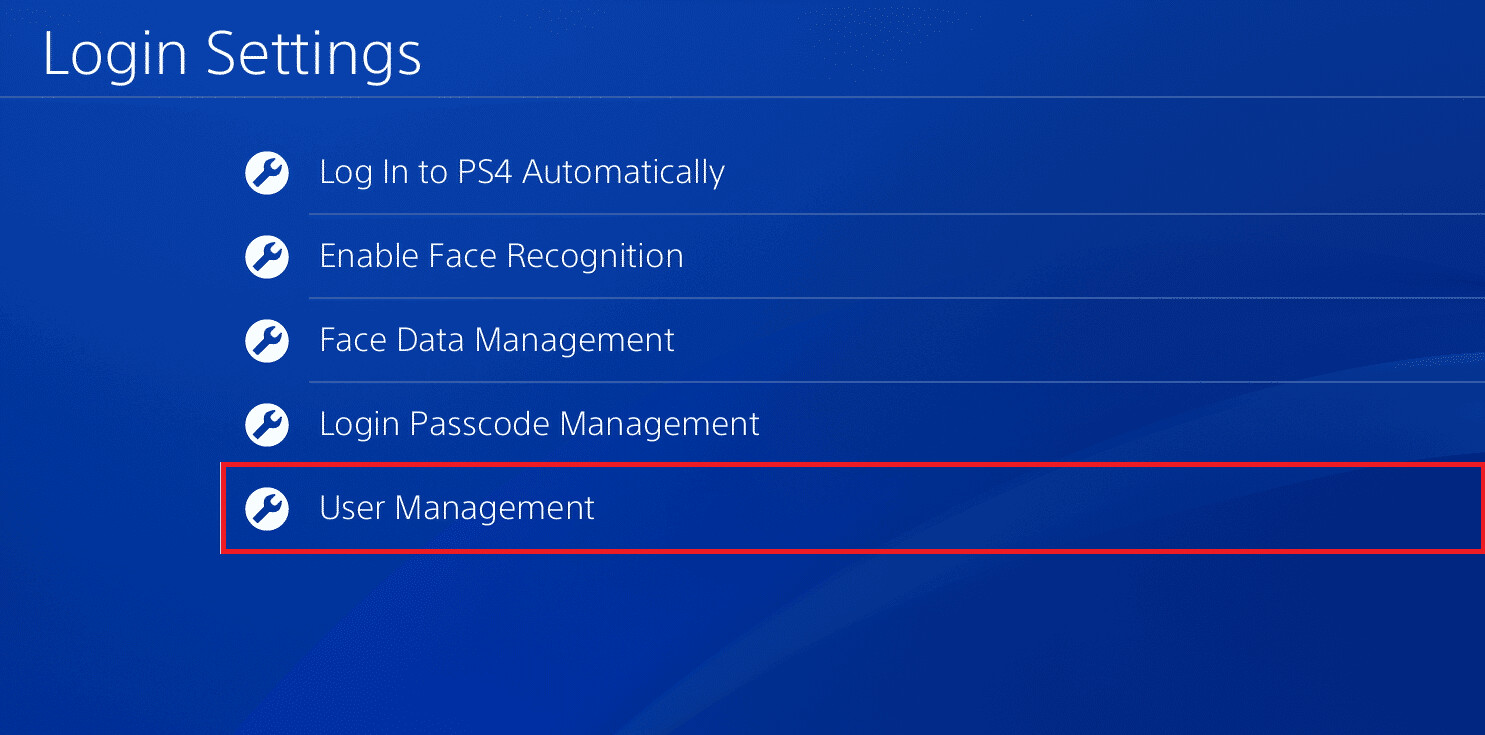Introduction
Proxy servers play a crucial role in facilitating internet communication and providing security and anonymity to users. Whether you’re browsing the web, accessing restricted websites, or enhancing your online privacy, proxy servers are essential tools. In this article, we will explore the most common types of proxy servers and their functions.
A proxy server acts as an intermediary between your device and the internet. When you request a web page or any other resource, the proxy server forwards the request on your behalf, receiving the response and then sending it back to you. This process prevents direct communication between your device and the web server, offering several advantages.
Proxy servers come in various types, each serving different purposes and offering unique features. Understanding these proxy server types will help you choose the most suitable one for your specific needs.
So, without further ado, let’s dive into the world of proxy servers and explore the most common types:
HTTP Proxy Servers
HTTP proxy servers, also known as web proxies, are the most widely used type of proxy servers. As the name suggests, they primarily handle HTTP traffic, allowing users to access and retrieve web pages from the internet.
When you connect to an HTTP proxy server, your web browser sends the request to the proxy server instead of directly accessing the desired website. The proxy server then fetches the web page on your behalf and returns it to your browser. This process helps in enhancing security, privacy, and performance.
One of the key advantages of HTTP proxy servers is that they can cache web pages. This means that if multiple users request the same web page, the proxy server can provide the cached version instead of fetching it from the internet again. This caching mechanism speeds up web page loading and reduces bandwidth usage.
Moreover, HTTP proxy servers can also be used to bypass network restrictions and access blocked websites. For example, if a website is blocked in your country or organization, you can use an HTTP proxy server located in a different location to access the website.
HTTP proxy servers can be further categorized into two types:
- Forward Proxy: A forward proxy sits between the client device and the internet, intercepting and forwarding requests on behalf of the client. This is the most common type of HTTP proxy server.
- Reverse Proxy: In contrast, a reverse proxy sits in front of web servers, receiving requests from clients and forwarding them to the appropriate server. Reverse proxies are commonly used to load balance web traffic, improve performance, and enhance security.
Overall, HTTP proxy servers provide a versatile and essential function in the world of networking and internet browsing. They offer benefits such as caching, bypassing restrictions, and improving security. Whether you’re looking to enhance your online privacy or access blocked content, HTTP proxy servers are powerful tools to consider.
SOCKS Proxy Servers
SOCKS (stands for Socket Secure) proxy servers are another common type of proxy servers that operate at the transport layer of the TCP/IP model. Unlike HTTP proxy servers that primarily handle web traffic, SOCKS proxy servers can handle different types of traffic, including HTTP, FTP, SMTP, and more.
SOCKS proxy servers are designed to establish a connection between the client and the remote server through a proxy server. When you use a SOCKS proxy, your network traffic is sent through the proxy server, making it appear as if the proxy server itself is initiating the connection to the remote server. This enables better flexibility and compatibility with various protocols and applications.
One of the key features of SOCKS proxy servers is their ability to perform authentication. This means that before a client can establish a connection through a SOCKS proxy, it must provide credentials to verify its identity. This authentication mechanism helps in enhancing security and prevents unauthorized access to the proxy server.
Unlike HTTP proxy servers, which often rely on port 80 or 443 for communication, SOCKS proxy servers operate on different ports, typically port 1080. This enables them to handle various types of traffic and makes them suitable for applications and protocols that require specific ports to establish connections.
Moreover, SOCKS proxy servers can also provide anonymity to users by hiding their IP addresses. When you connect to a website through a SOCKS proxy, the website only sees the IP address of the proxy server and not your actual IP address. This adds an extra layer of privacy and can be useful for activities where anonymity is desired.
Overall, SOCKS proxy servers offer flexibility, compatibility, and anonymity. They are commonly used by individuals and organizations to manage network traffic, bypass restrictions, and maintain privacy. Whether you’re looking to access blocked content or secure your online communications, SOCKS proxy servers are powerful tools to consider.
SSL Proxy Servers
SSL (Secure Sockets Layer) proxy servers, also known as HTTPS proxy servers, are designed specifically to handle secure, encrypted connections. They provide an additional layer of security by encrypting the traffic between the client and the server, protecting sensitive information from being intercepted or tampered with.
When you connect to a website using HTTPS, your web browser establishes a secure, encrypted connection with the web server. In this process, the SSL proxy server acts as a middleman, encrypting and decrypting the data exchanged between the client and the server. This ensures that even if someone intercepts the communication, they won’t be able to decipher the encrypted data.
SSL proxy servers are particularly useful in scenarios where strict security measures are required, such as accessing online banking services or conducting secure transactions. By routing your traffic through an SSL proxy server, you can add an extra layer of protection to your communication, preventing hackers or malicious entities from eavesdropping on your sensitive data.
In addition to providing security, SSL proxy servers can also optimize web performance. They can cache SSL-encrypted content, similar to how HTTP proxy servers cache web pages. This caching mechanism improves the loading speed of websites that use SSL encryption, as the proxy server can serve the cached content instead of fetching it from the internet each time.
Furthermore, SSL proxy servers can also handle certificate management. They can perform tasks such as certificate verification, validation, and renewal, ensuring that the SSL certificates used in the secure connection are valid and trusted.
Overall, SSL proxy servers are essential for maintaining security and privacy while accessing encrypted websites. They provide encryption, optimize performance, and handle certificate management. Whether you’re accessing sensitive information online or looking to enhance the security of your online transactions, SSL proxy servers are valuable tools to consider.
FTP Proxy Servers
FTP (File Transfer Protocol) proxy servers are specifically designed to handle FTP traffic. FTP is a popular protocol used for transferring files between a client and a server over a network. FTP proxy servers act as intermediaries between the client and the server, facilitating secure and efficient file transfers.
When you connect to an FTP server through an FTP proxy server, the proxy server manages the authentication and manages the file transfer process. The FTP proxy server receives the commands and data from the client, then establishes a connection with the FTP server on behalf of the client. This allows for additional control and security measures during file transfers.
One of the main benefits of using FTP proxy servers is enhanced security. FTP proxy servers can implement authentication and access control mechanisms, ensuring that only authorized users can access the FTP server. Additionally, FTP proxy servers can also support encryption protocols like FTPS (FTP over SSL) or SFTP (SSH File Transfer Protocol), adding an extra layer of protection to file transfers.
Another advantage of FTP proxy servers is their ability to handle passive and active FTP connections. Active FTP connections require the server to establish a new connection to the client for the data transfer, which can be problematic in certain network configurations. FTP proxy servers can help manage these connections and alleviate compatibility issues.
In addition to security and compatibility benefits, FTP proxy servers can also provide caching and bandwidth management capabilities. They can cache frequently accessed files, reducing the need to retrieve them from the original FTP server. This caching mechanism improves performance and reduces bandwidth usage, especially for large files or frequently accessed resources.
Overall, FTP proxy servers offer enhanced security, compatibility, and performance for FTP file transfers. Whether you’re transferring files within a local network or across the internet, FTP proxy servers can streamline the process and ensure the confidentiality and integrity of your data.
Transparent Proxy Servers
Transparent proxy servers, also known as interception proxy servers, are a type of proxy server that redirects network traffic without modifying it. Unlike other proxy server types that modify the client’s request or response, transparent proxy servers operate in a way that is transparent to the client and the server.
When a client device connects to the internet through a transparent proxy server, the server intercepts the traffic and forwards it to the destination server on behalf of the client. The client is unaware that its traffic is being redirected through a proxy server. This makes transparent proxy servers particularly useful in network environments where users do not need to configure their devices to use a proxy.
Transparent proxy servers are often implemented at the network level, allowing them to intercept and redirect traffic from multiple devices within a network. They can be used for various purposes, such as improving network performance, filtering content, or enforcing network policies.
One key application of transparent proxy servers is web caching. These servers can cache web pages and resources requested by clients, allowing subsequent clients to retrieve the cached content instead of requesting it from the original web server. This caching mechanism improves web page loading speed, reduces bandwidth usage, and relieves the load on the web server.
Another use case for transparent proxy servers is content filtering. By intercepting web traffic, these servers can analyze the content being requested and apply filtering rules. This allows organizations to control access to certain websites or block malicious content, enhancing security and compliance.
Furthermore, transparent proxy servers can also perform load balancing. By distributing incoming network traffic across multiple servers, they help optimize performance and ensure high availability for web applications or services.
Overall, transparent proxy servers provide a seamless way to intercept and manage network traffic without requiring client-side configuration. They offer benefits such as web caching, content filtering, and load balancing. Whether you’re looking to optimize network performance or enforce network policies, transparent proxy servers are valuable tools to consider.
Anonymous Proxy Servers
Anonymous proxy servers are designed to enhance online privacy and anonymity by hiding the user’s IP address and other identifying information. When you connect to the internet through an anonymous proxy server, your requests are routed through the proxy, making it difficult for websites and other online entities to trace the requests back to your device.
One of the primary functions of anonymous proxy servers is to mask the user’s IP address. When you access a website through an anonymous proxy, the website only sees the IP address of the proxy server, not your actual IP address. This provides a layer of anonymity, protecting your identity from being revealed to the websites you visit.
Anonymous proxy servers can be particularly useful when you want to bypass geo-restrictions or access blocked content. By connecting through a proxy server located in a different country, you can make it appear as if you are browsing from that location, allowing you to access regionally restricted websites or content.
In addition to masking your IP address, anonymous proxy servers can also encrypt your internet traffic. By encrypting the communication between your device and the proxy server, these servers provide an extra layer of security, preventing eavesdropping and unauthorized access to your data.
It’s important to note that while anonymous proxy servers offer increased privacy and anonymity, they may not provide the same level of security as other types of proxy servers, such as SSL proxy servers. It’s essential to choose reputable proxy servers and be cautious when accessing sensitive information or conducting secure transactions.
Anonymous proxy servers can be categorized into different anonymity levels:
- Low Anonymity: These proxy servers identify themselves as proxies but don’t provide any additional information about the client.
- Medium Anonymity: These proxy servers don’t disclose the client’s IP address but may provide other non-sensitive information.
- High Anonymity: These proxy servers don’t disclose the client’s IP address or any additional information, making it difficult to trace the client’s identity.
Overall, anonymous proxy servers are valuable tools for enhancing online privacy and anonymity. They mask your IP address, encrypt your traffic, and allow you to bypass geo-restrictions. Whether you want to protect your identity or access restricted content, anonymous proxy servers can help you achieve these goals.
Elite Proxy Servers
Elite proxy servers, also known as high-anonymity proxy servers, offer the highest level of anonymity and security among all proxy server types. When you connect to the internet through an elite proxy server, your IP address and other identifying information are concealed, providing utmost privacy and making it nearly impossible for websites to trace your activity back to your device.
One of the key features of elite proxy servers is that they don’t disclose any information about the client. Websites and online services only see the IP address of the proxy server, making it extremely difficult to track or identify the user. This level of anonymity ensures that your browsing activities remain private and protected.
Elite proxy servers are commonly used to bypass censorship and access restricted content. They allow users to appear as if they are accessing the internet from a different location, enabling them to bypass geographic limitations and access regionally or institutionally blocked websites or services.
In addition to providing anonymity, elite proxy servers also offer the benefit of improved security. By routing your internet traffic through an elite proxy server, your connection is encrypted and protected. This protects your data from potential eavesdropping or interception by malicious actors.
Elite proxy servers are often chosen by individuals or organizations that require the highest level of privacy and security. They are commonly used for activities such as anonymous browsing, evading censorship, conducting secure transactions, or protecting sensitive information.
It’s important to note that not all proxy servers claiming to be elite proxies may provide the same level of anonymity and security. It’s essential to choose reputable and trustworthy elite proxy servers to ensure the desired level of privacy and protection. Additionally, combining the use of elite proxy servers with other security measures, such as encryption protocols like SSL, can further enhance your online security.
Overall, elite proxy servers offer the highest level of anonymity and security, making them an excellent choice for individuals and organizations concerned about online privacy and protection. Whether you’re looking to access restricted content, evade censorship, or safeguard your online activities, elite proxy servers provide a powerful solution.
Conclusion
Proxy servers are indispensable tools that enhance internet communication, security, and privacy. Understanding the different types of proxy servers can help you choose the right one to suit your needs.
HTTP proxy servers are commonly used for web browsing and caching purposes, providing faster page loads and bypassing network restrictions. SOCKS proxy servers offer versatility and compatibility by handling various types of traffic and protocols.
SSL proxy servers prioritize security by encrypting connections and protecting sensitive information during data transfers. FTP proxy servers facilitate secure and efficient file transfers, implementing authentication and access control mechanisms.
Transparent proxy servers operate in the background, providing web caching, content filtering, and load balancing capabilities to optimize network performance and enforce network policies.
Anonymous proxy servers prioritize privacy and anonymity by hiding users’ IP addresses and encrypting their internet traffic. Elite proxy servers offer the highest level of anonymity and security, making them ideal for bypassing censorship and conducting sensitive activities.
In conclusion, each type of proxy server serves a specific purpose and offers its own set of benefits. Whether you’re looking to enhance security, bypass restrictions, improve performance, or safeguard privacy, proxy servers can provide valuable solutions to meet your needs. It’s important to choose reputable proxy servers and consider your specific requirements when selecting the most suitable type of proxy server.

























